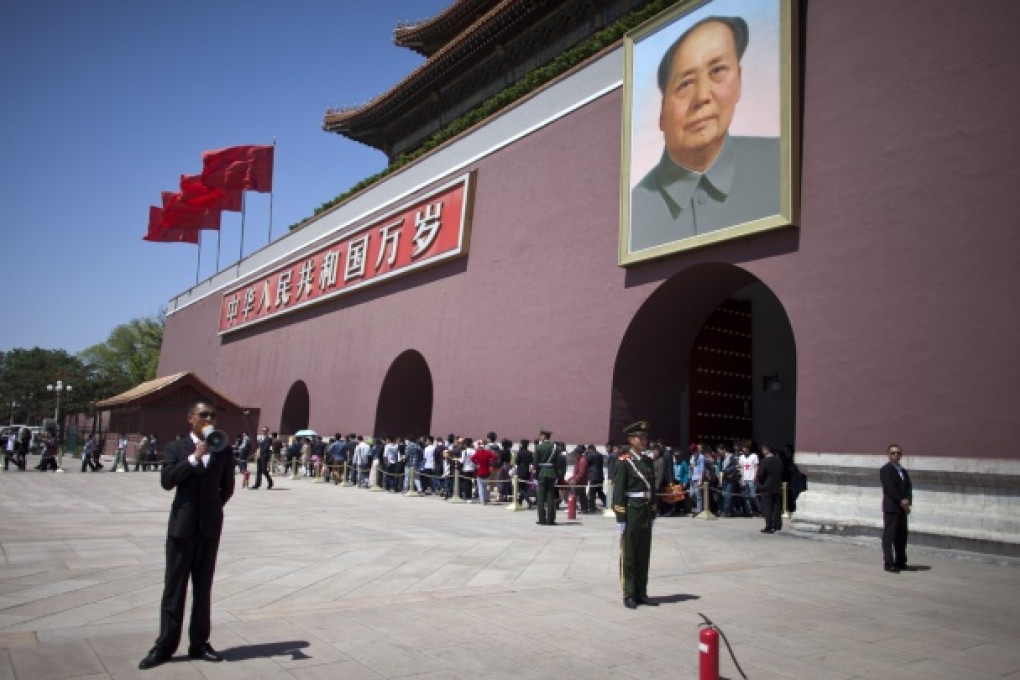Opinion | Chinese general warns of Western 'cultural colonialism'

A high-ranking People's Liberation Army representative has called on China to counter increasing Western cultural infiltration, especially among young people.
"Western cultural infiltration techniques are very clever in their deception and hidden nature," the one-star general wrote. "This 'cultural colonialism' is like 'slowly boiling a frog': the young generation can easily lose its will to resist without knowing", referring to the proverb in which a frog will not escape if placed in water as it boils.
"Western hostile forces seize every opportunity to sneak attacks against us, and they are pressing harder and harder," the former secretary to the PLA ex-chief of staff Zhang Wannian wrote.
In an often used analogy among hawks, he compared the current confrontation to the 1952 Battle of Triangle Hill. In one of the bloodiest episodes of the Korean war, US-led United Nations forces failed to conquer a position held by Chinese auxiliary forces fighting for North Korea.
Zhu suggested China should work on expanding its own soft power abroad "to fight on the cultural front".
